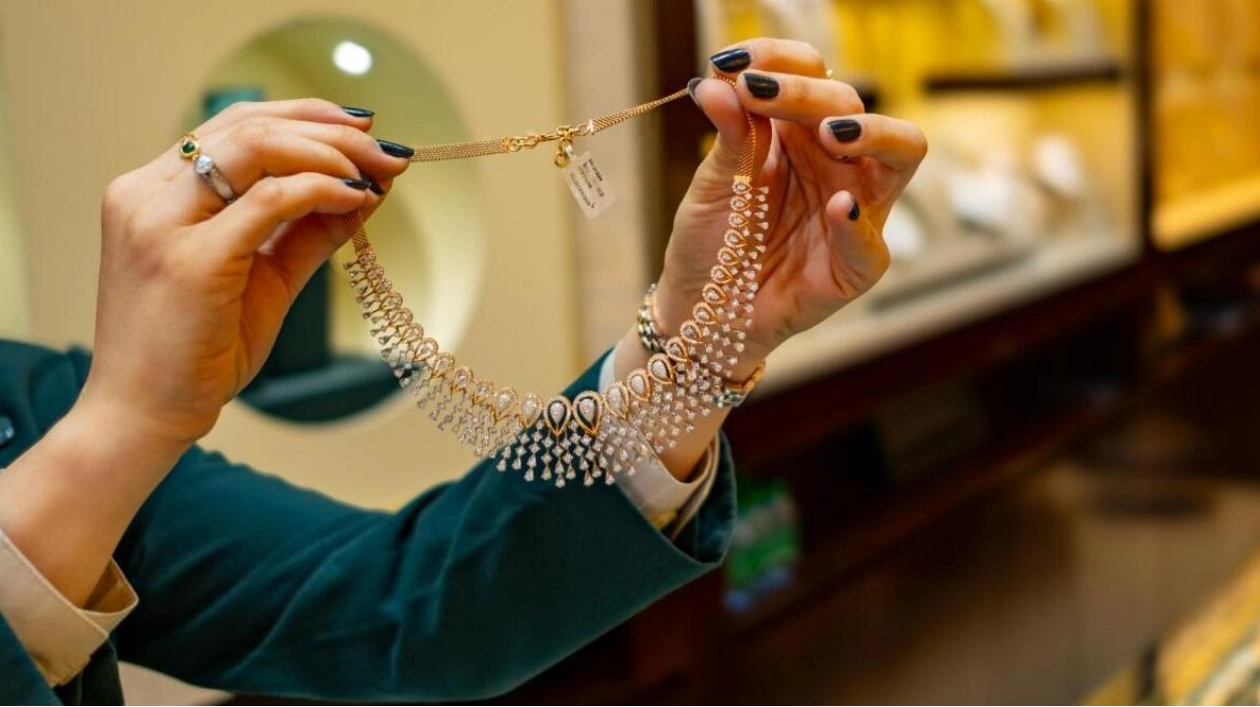India's recent reduction of gold import duty from 15% to 6% is expected to curb the smuggling of gold and its jewelry into the country, according to a senior World Gold Council (WGC) official. Andrew Naylor, the Head of Middle East and Public Policy at WGC, highlighted that this reduction minimizes the chances for arbitrage and the incentive to evade customs duties. Naylor emphasized that high duties often lead to smuggling, and any reduction, along with a simplification process, should deter such activities.
The Finance Minister of India, Nirmala Sitharaman, announced this duty cut during the Union Budget 2024-25. Despite this reduction, gold remains cheaper in Dubai, making it a preferred shopping destination for Indian tourists and traders. Dubai's reputation as a City of Gold and its major trading partnership with India contribute to its popularity for gold purchases. The gold trade between India and the UAE has significantly grown, particularly after the implementation of the Comprehensive Economic Partnership Agreement (CEPA) in 2022.
Naylor noted that the CEPA route remains the most cost-effective method for gold imports from the UAE to India. Chris Weston, Head of Research at Pepperstone, sees India's duty cut as potentially boosting real demand for gold. Naylor also mentioned that the duty reduction somewhat equalizes the tax differences in the jewelry market, making purchases more cost-effective. He anticipates a possible increase in gold jewelry consumption in India, benefiting the Dubai market due to its supply of feedstock to Indian jewelers.
The World Gold Council reports that despite record gold prices suppressing Indian gold jewelry demand by 17% year-on-year to 107 tonnes in Q2, the domestic economic environment remains robust. The first half of 2024 saw the lowest demand since 2020, at 202 tonnes.






